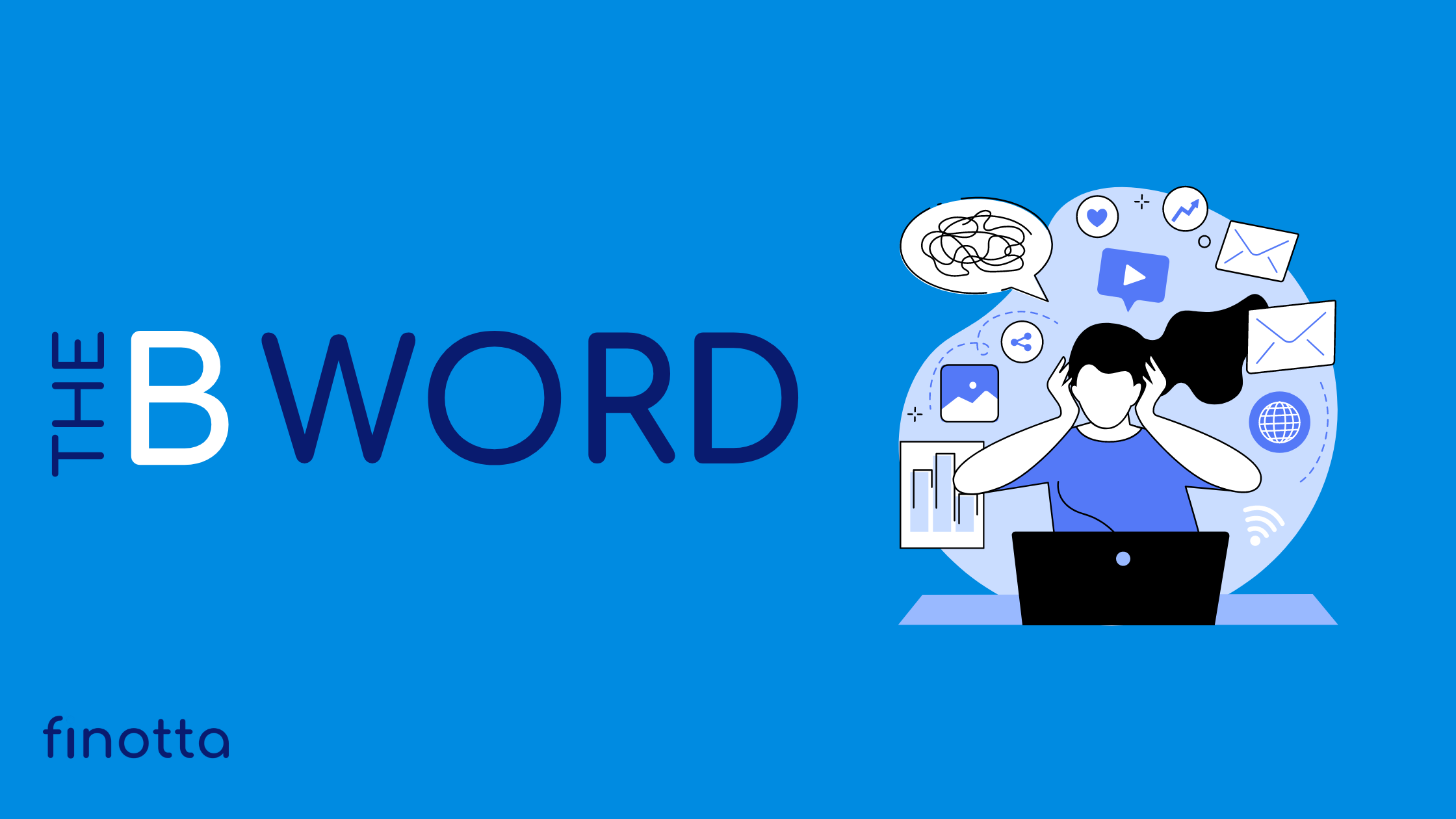Megan Darnell
Sep 8
6 min read

